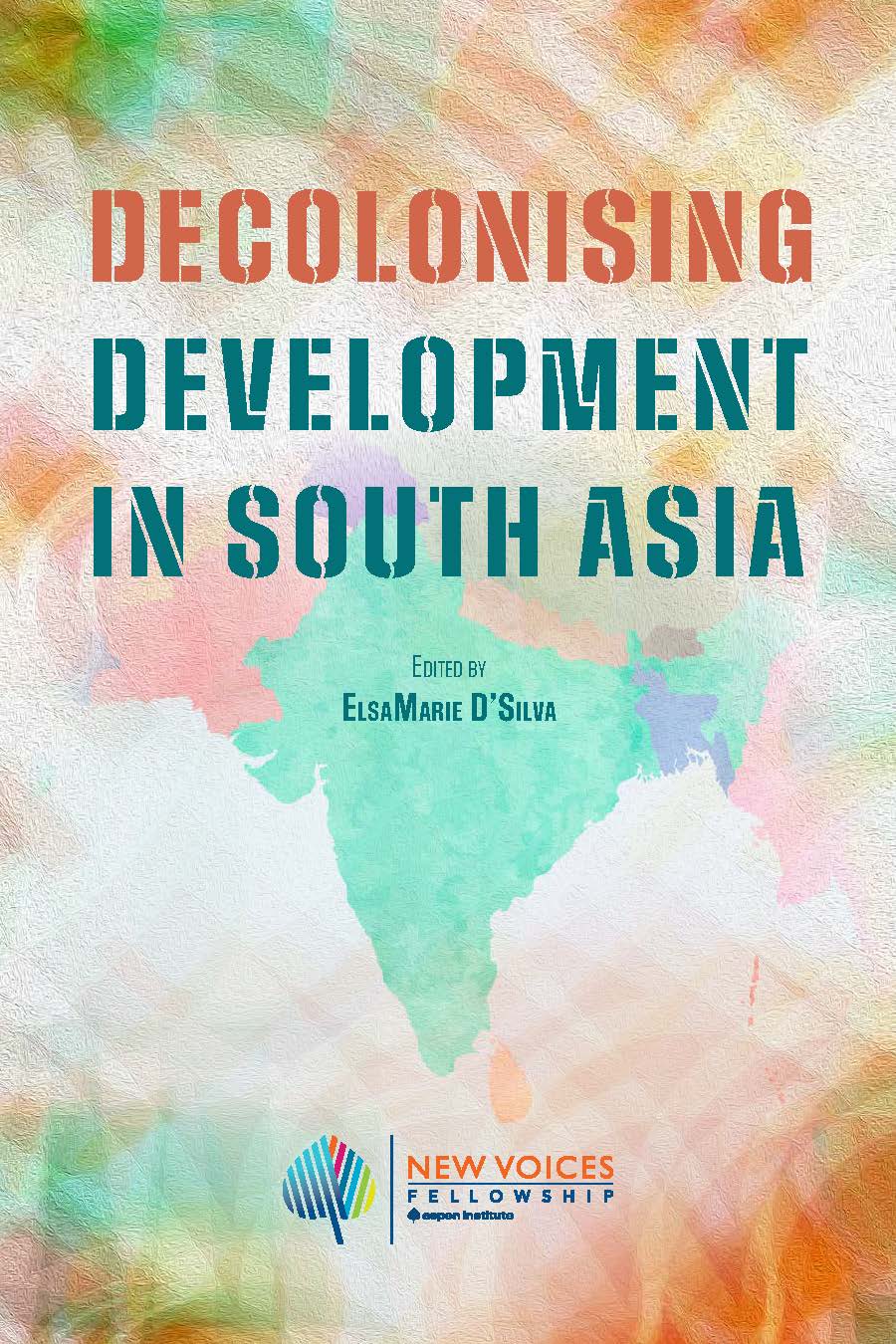The Aspen Global Health and Development program flexed its political muscle through the Global Leaders Council for Reproductive Health (GLC) at the World Health Assembly in Geneva with Resolve Award.
 The Global Leaders Council is a delegation of 18 influential leaders committed to creating universal access to reproductive health.
The Global Leaders Council is a delegation of 18 influential leaders committed to creating universal access to reproductive health.
With its signature award, the Council honors countries that have taken great leaps to further universal access to reproductive health care. One of this year’s special mention awards goes to Reverend George Buannie’s organization in Sierra Leone: The Fambul Initiative Network for Equality (FINE).
FINE takes a unique approach to advocate for women’s rights in the country: engaging men. Buannie believes that his organization will be successful when it can convince fathers, brothers, and husbands that gender-based violence is wrong, and that their participation in women’s reproductive health is not an international concept but a local issue. “We must take it back to the home,” he said.
The organization engages men to explain issues to other men, as their equals. “It’s about being an example,” Rev. Buannie explains.
“He and his volunteers sit down as peers to discuss how domestic violence is hurting the country as a whole, and explain that men’s absence in family planning is a key development issue. To put family planning into context, Buannie might point out that if he and another man have the same salary, and he has two children while the other has seven, the man with two children will have a better chance of supporting his family.
Rev. Buannie says that in Sierra Leone, men were seen only as perpetrators of violence, until they realize that men could be the missing link to ending these abuses. As a result of its strong program, FINE has grown into a brother network of 16 organizations countrywide.
One of its most successful projects is The Husband School, where men are taught to take active roles as partners in their wives’ pregnancies. FINE teaches its students that they have the responsibility not only to impregnate their wives, but to be there to support them, feed them, take them to doctor’s appointments, and ultimately go with them to the hospital to give birth. “If you watch a woman give birth, and really see what the birthing process is like,” Rev. Buannie reasons, “are you really going to make her go through it seven or eight more times?”
FINE works at varying levels of impact, ranging from grassroots organizing to working hand-in-hand with the first lady of Sierra Leone. On the grassroots level, the organization has trained over 280 men in both the North and South regions of the country. These volunteers are responsible for disseminating information that has led to significant decreases in maternal mortality, child mortality, and the spread of HIV/AIDS. On the policy level, FINE works with local government structures at chiefdom levels to develop bylaws that encourage men to be more supportive of their wives and demand the deliveries of the village’s children in medical institutions. FINE has directly educated 10,000 men at chiefdom and national levels about women’s reproductive health.
Watch Rev. Buannie and the other recipients of the Resolve Award at 12PM EST by clicking here. Follow our coverage of the Resolve Award on Twitter with #ResolveAward and submit your questions to the winners via Twitter.


